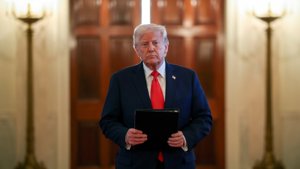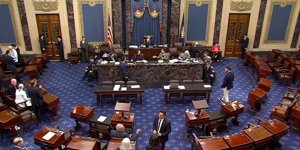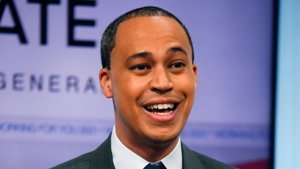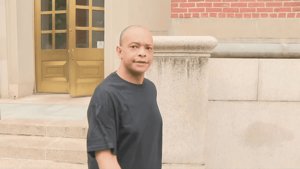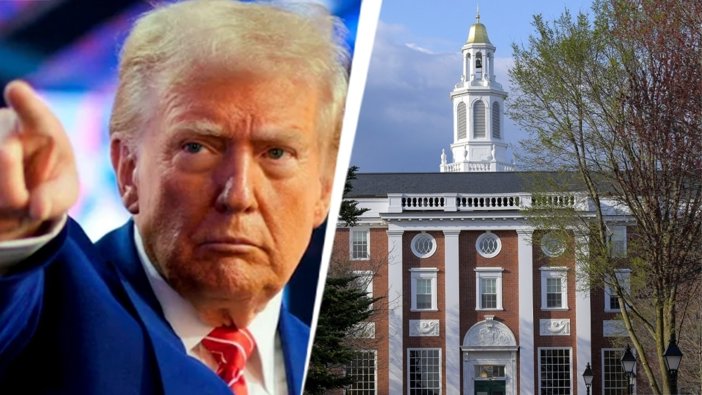
Court Blocks Trump Effort to Strip Harvard Visa Status
Harvard wins temporary court order halting visa certification removal amid escalating White House pressure.
Judge Grants Emergency Order Amid Policy Clash
A federal judge in Massachusetts issued a temporary restraining order on Thursday blocking the Trump administration from immediately revoking Harvard University’s certification under the Student and Exchange Visitor Program (SEVP). The ruling came in response to Harvard's emergency motion, arguing that it would suffer “immediate and irreparable harm” if the decision were enforced.
Judge Allison D. Burroughs ruled that the university had sufficiently demonstrated the likelihood of serious injury, stating in her order that Harvard “will suffer immediate and irreparable injury before there is an opportunity to hear from all parties.” The SEVP certification, governed by the Department of Homeland Security, enables institutions to sponsor international students for visas.
Though the restraining order is temporary, it delays what could have been a sudden and destabilizing move affecting thousands of international students. Harvard has held SEVP certification for over 70 years. Without it, those students would face a tight 180-day window to transfer to another certified institution or risk losing their visas.
Ongoing Legal Pressure and Political Overtones
Observers view the restraining order as a procedural reprieve rather than a final resolution. The administration is widely expected to appeal, escalating the dispute to higher courts. Critics argue that the actions reflect an attempt to reshape U.S. education through political leverage. Harvard Law professor Noah Feldman stated, “Ultimately, this is about Trump trying to impose his view of the world on everybody else.”
The court order is one of several fronts in an expanding conflict between the administration and Harvard. Since President Donald Trump took office, federal agencies have frozen more than $2 billion in funding and launched multiple investigations targeting the university. The combined effect has introduced significant operational uncertainty.
Legal experts also warn that the administration’s moves could dissuade future international applicants. Aram Gavoor, associate dean at George Washington University Law School, noted the chilling effect: “Students who would otherwise be attending or applying to Harvard University [could be] less inclined to do so, or to make alternative plans for their education in the U.S.”
Even if Harvard prevails in court, Gavoor argues that the administration’s broader objective may succeed in practice: “There’s a point to be argued that it may have won as a function of policy.”
Impact on Enrollment and Financial Outlook
Despite the uncertainty, analysts believe Harvard’s financial model can withstand the pressure. David Feldman, an economist at William & Mary, explained that the university could replace international students with highly qualified U.S.-based applicants without significant short-term revenue loss. “This is all about Harvard choosing the best group of students possible,” Feldman said. If constrained by policy, the institution would simply “choose the second-best group.”
Feldman also emphasized that Harvard's “need-blind” admissions and robust financial resources give it an edge in stability compared to public universities. While acknowledging the operational risks, he concluded, “These institutions have the capacity to resist. They would rather not — but they’re not defenseless.”
As the case progresses, the outcome may influence not only Harvard’s future but also national policy on education, immigration, and the scope of federal authority over private institutions.



